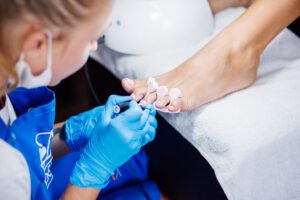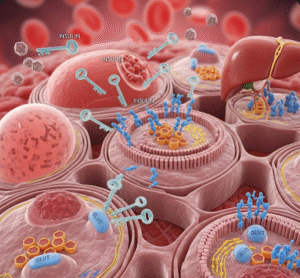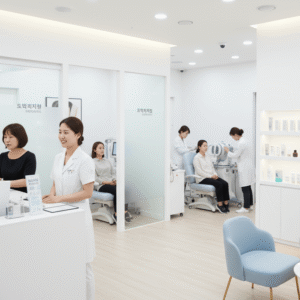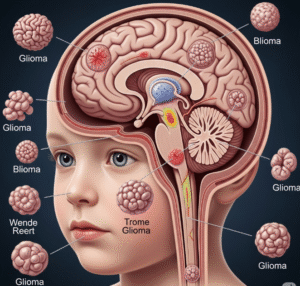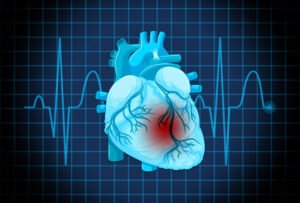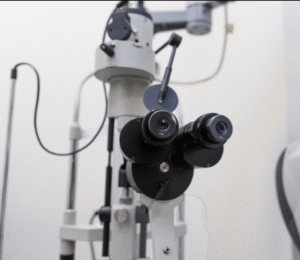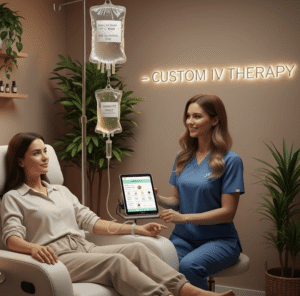Overview
Pervasive Developmental Disorder (PDD) is a group of neurodevelopmental disorders characterized by delays in social interaction, communication, and behavior. The term was historically used to describe a spectrum of disorders that included autism and related conditions. Today, many of these diagnoses have been merged under the umbrella of Autism Spectrum Disorder (ASD) in modern diagnostic systems such as the DSM-5 (Diagnostic and Statistical Manual of Mental Disorders, Fifth Edition). However, the term PDD is still used in some parts of the world and clinical settings.
What is Pervasive Developmental Disorder?
PDD refers to a category of disorders where a child’s development in socialization and communication is significantly delayed or atypical. The five subtypes previously included under PDD were:
- Autistic Disorder
- Asperger’s Syndrome
- Pervasive Developmental Disorder – Not Otherwise Specified (PDD-NOS)
- Childhood Disintegrative Disorder (CDD)
- Rett Syndrome (now considered a genetic disorder)
Currently, most of these are diagnosed as Autism Spectrum Disorder (ASD), with varying degrees of severity. Children with PDD often appear “typical” in physical appearance but show differences in social behavior, language development, and repetitive behaviors.
Symptoms
Symptoms usually appear in early childhood, typically before the age of 3. They may vary widely depending on the specific subtype and severity.
Common signs include:
- Delayed or absent speech development
- Difficulty with social interaction (e.g., limited eye contact, lack of response to name)
- Repetitive movements (e.g., hand-flapping, rocking)
- Strong attachment to routines or specific objects
- Unusual sensitivity to light, sound, or touch
- Limited interest in peers or difficulty forming friendships
- Echolalia (repeating words or phrases)
- Difficulty understanding nonverbal communication (gestures, facial expressions)
Causes
The exact cause of PDD is not fully understood, but it is believed to result from a combination of genetic, neurological, and environmental factors.
Contributing factors may include:
- Genetic mutations or syndromes (e.g., fragile X syndrome, Rett syndrome)
- Brain development abnormalities during prenatal or early postnatal life
- Family history of autism or other developmental disorders
- Premature birth or low birth weight
- Advanced parental age at conception
- Prenatal exposure to certain toxins, infections, or medications
Risk Factors
Several factors can increase the likelihood of PDD or ASD diagnosis:
- Male sex (more common in boys)
- Sibling with autism or developmental delays
- Certain genetic conditions
- Maternal illnesses during pregnancy
- Environmental factors (limited evidence)
It’s important to note that vaccines do not cause PDD or autism, as confirmed by extensive scientific research.
Complications
If left untreated or unaddressed, PDD can lead to challenges that affect many aspects of life:
- Social isolation or bullying in school
- Communication difficulties that impact education and relationships
- Anxiety, depression, or behavioral issues
- Dependency on caregivers into adulthood
- Delayed academic and occupational skills
- Difficulty with transitions or adapting to change
Early diagnosis and appropriate intervention can significantly improve long-term outcomes.
Prevention
There is no known way to prevent PDD, but early intervention and proper support can greatly improve developmental progress:
- Prenatal care and avoidance of harmful substances during pregnancy
- Genetic counseling for families with a history of developmental disorders
- Early screening for developmental delays in toddlers
- Enriched learning environments and consistent routines
- Promoting social interaction and communication from infancy
Treatment Options in Korea
South Korea has made significant advances in early diagnosis and therapy services for children with neurodevelopmental disorders like PDD or ASD.
1. Early Diagnosis and Assessment
- Developmental screenings at pediatric check-ups
- Behavioral observation and parent interviews
- Standardized assessments like ADOS-2 (Autism Diagnostic Observation Schedule)
- Neuropsychological evaluation by child psychologists or psychiatrists
2. Behavioral and Educational Therapy
- Applied Behavior Analysis (ABA) therapy
- Speech and language therapy
- Occupational therapy for motor and sensory integration
- Social skills training and group therapy
- Special education programs in schools
3. Medical Support
- Medications may be prescribed to manage symptoms like anxiety, hyperactivity, or aggression
- Nutritional counseling or supplementation (if needed)
4. Family and Community Support
- Parent training and counseling to assist with behavior management at home
- Support groups for families and caregivers
- Government-sponsored services for children with developmental disabilities
- Inclusive daycare and schooling options
5. Leading Hospitals and Centers in Korea
Top centers for PDD/ASD diagnosis and therapy include:
- Seoul National University Bundang Hospital – Developmental Delay Clinic
- National Center for Mental Health – Child & Adolescent Psychiatry
- Samsung Medical Center – Neurodevelopmental Disorder Clinic
- Asan Medical Center – Pediatric Developmental Rehabilitation
- CHA University Medical Center – Child Neurology and Behavioral Health
These centers offer:
- Multidisciplinary teams of pediatric neurologists, psychologists, and therapists
- Customized treatment plans based on developmental needs
- English-speaking staff and international patient services
- Access to both clinical and educational support


